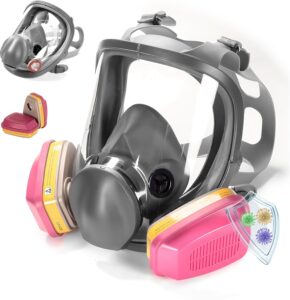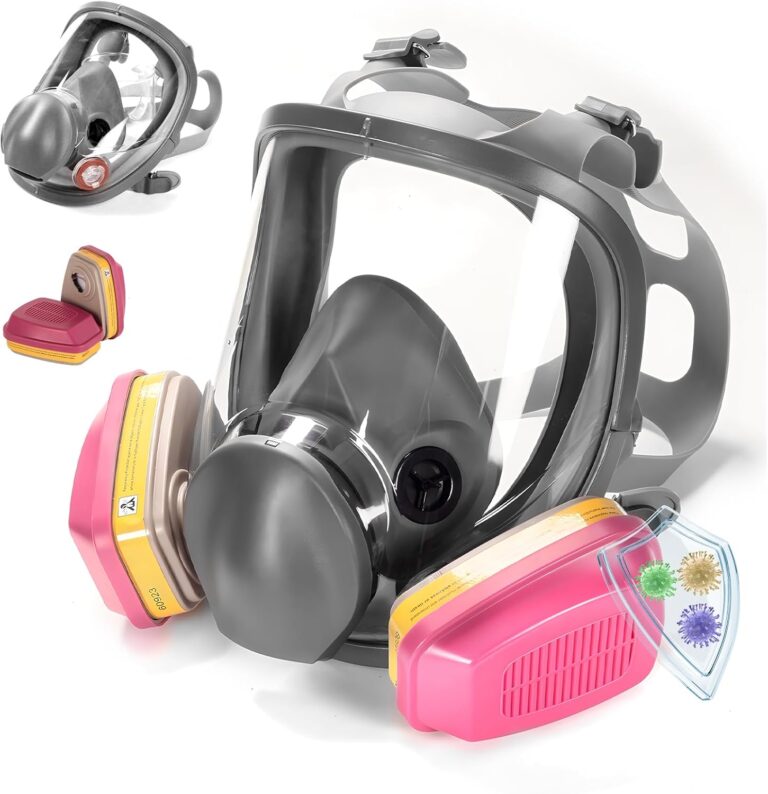Prader Willi Syndrome (PWS) is a complex genetic disorder that typically manifests at birth and lasts for a lifetime. It affects various parts of the body, with symptoms that include a constant sense of hunger, mild to moderate intellectual impairment, growth deficiencies and behavioural issues. The condition arises from the loss of function of specific genes in the 15th chromosome. Grasping in-depth knowledge about PWS is the first step in charting a road map for dealing effectively with the syndrome.
The Emotional Roller Coaster: Coming to Terms with Prader Willi Syndrome
Coming to terms with a diagnosis of Prader Willi Syndrome is often compared to an emotional roller coaster, with parents and families going through stages such as denial, grief, anger and acceptance. This process might be exhausting due to the chronic nature of the syndrome and its multi-faceted challenges.
However, emotional distress can be managed effectively by joining support groups, both online and offline. These platforms provide an outlet for shared experiences, resources and connections with families facing similar challenges. In Australia, the Prader-Willi Syndrome Association of Australia (PWSAA) offers such a support network.
The Healthcare Team: Choosing the Right Medical Support
Creating a healthcare team for someone with Prader Willi Syndrome is crucial for managing the syndrome effectively. The team should ideally include a primary care paediatrician, an endocrinologist, a dietician, a psychologist, and therapists (occupational, speech and physio).
Coming up with a holistic health management plan requires consulting various professionals, having regular screenings and keeping up-to-date follow-up schedules. Remember, it’s essential for every healthcare team member to communicate and collaborate with each other to provide integrated support. Services like Better Health Channel and Health Direct Australia can help you find reliable healthcare providers.

Tackling Treatment: Exploring Therapeutic Options
Several therapeutic options are beneficial for managing Prader Willi Syndrome . Physiotherapy can address low muscle tone and mobility issues, while occupational therapy promotes independence in daily living activities. Speech therapy can help with speech and swallowing difficulties, which are common in Prader Willi Syndrome . Additionally, behavioural therapy is vital in managing behavioural issues characteristic of Prader Willi Syndrome.
Finding the right fit for your child requires consulting with professionals, observing your child’s response and adaptability, and then adjusting accordingly. It’s a process that entails patience, but with time, the benefits would show significantly.
Housing and Community Support
Navigating the terrain of housing and community support can be daunting for Prader Willi Syndrome families, but it’s integral for long-term security and quality of life. A range of supportive housing models exist in Australia, from funding home modifications to supported accommodation services.
In addition, community services include respite care, medical transport assistance, and support groups. The Department of Health’s My Aged Care website provides a host of information on these services, making the search for support less overwhelming.
The Power of Nutrition: Dietary Management for Prader Willi Syndrome
Dietary management plays a massive role in managing Prader Willi Syndrome due to the characteristic uncontrolled eating and risk of obesity. Generally, a low-calorie, balanced diet that includes plenty of fruits and vegetables, lean proteins, and whole grains is recommended.
Making meal planning and preparation a family activity may encourage better dietary habits and foster inclusivity. The PWSAA has a section on their website dedicated to providing PWS-friendly recipe ideas that the whole family can enjoy.
Taking Control: Strategies for Behaviour and Symptom Management at Home
Managing Prader Willi Syndrome at home can be challenging but adopting specific measures can considerably create a peaceful home environment. One major strategy entails budgeting for food safety—investing in locks for the pantry and refrigerator and having fixed meal times—to prevent overeating, a common PWS trait.
Creating a consistent daily routine, including regular times for meals, study, physical activity and relaxation, can also help manage the behavioural issues associated with the syndrome.
The Australian Education System and Prader-Willi Syndrome
Educational support is vital for children with PWS to improve their cognitive abilities and social skills. It’s important to communicate the child’s need for special arrangements with educators and school administrators.
Australian educational institutions offer assistance to students with special needs, which includes individualised education plans, overall health and physical care, and assistance with behavioural management.
The Role of NDIS and Eligibility
The National Disability Insurance Scheme (NDIS) is a financial support system for Australians with disability, including those with PWS. It provides funds for necessary support and services such as therapies, equipment, and home modifications.
Eligibility for the NDIS depends on several factors, like age, residency, disability and its impact on the person’s life. If you’re unsatisfied with a decision made by NDIS, you can apply to have it reviewed.
Conclusion
Navigating the Prader-Willi Syndrome terrain may seem overwhelming, but remember, you’re not alone. With the right information, resources and support, you can manage the challenges of Prader Willi Syndrome successfully—shaping a healthier and happier environment for your loved ones. We encourage you to engage in conversations, share your stories, and join the community for further support and breakthroughs. With determination, unity and awareness, we can indeed triumph over Prader-Willi Syndrome.










+ There are no comments
Add yours